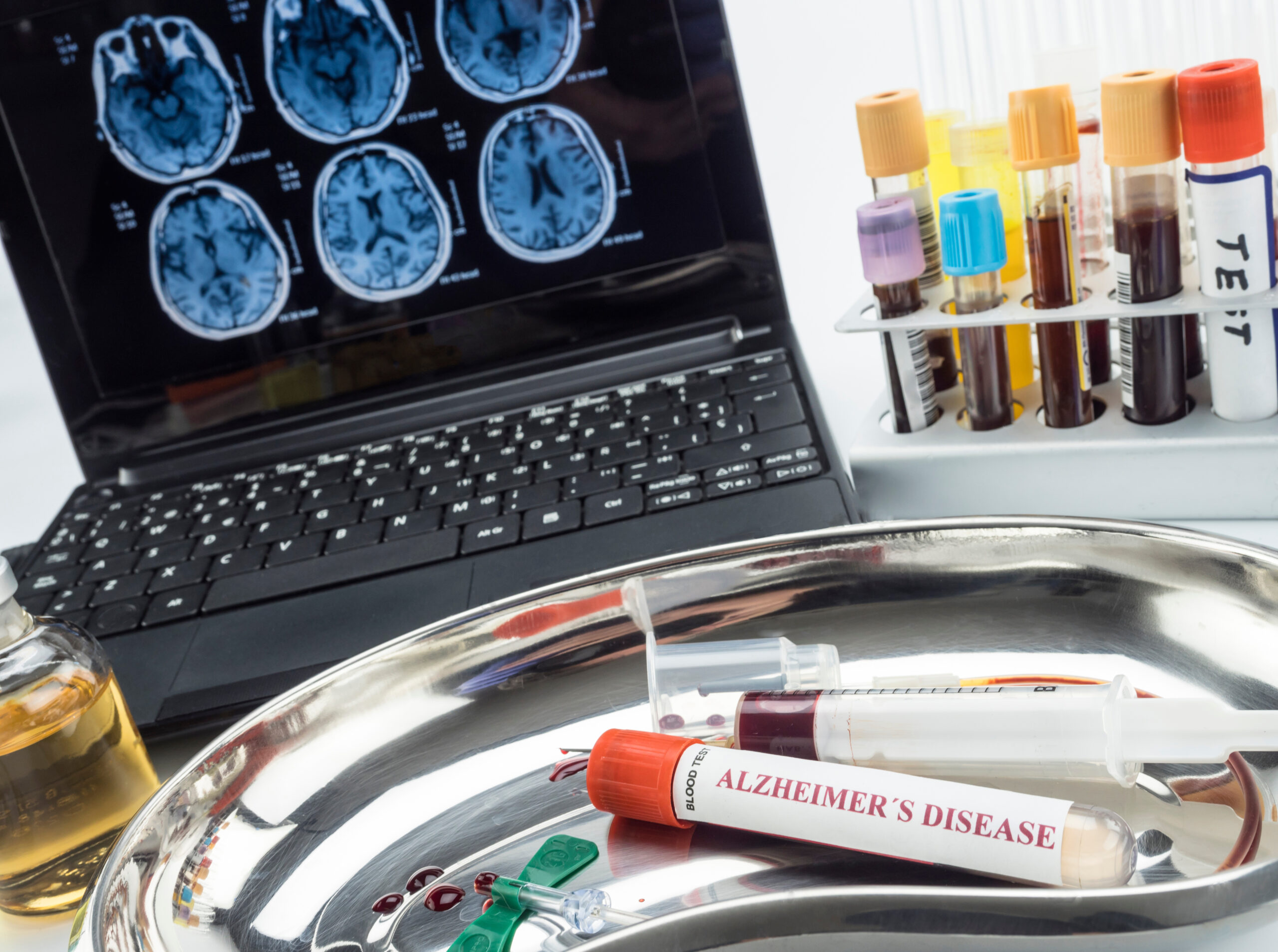What Causes Early Menopause
Understanding what causes early menopause can be a bit complex, but it’s essential for women to know the factors that might lead to this condition. Early menopause, also known as premature menopause, occurs when a woman’s ovaries stop producing eggs and hormones earlier than expected, typically before the age of 40. This can happen for several reasons, some of which are beyond a person’s control.
Firstly, **genetic conditions** play a significant role. If there are chromosomal abnormalities or inherited metabolic disorders in your family, you might be more likely to experience early menopause. Additionally, **autoimmune diseases** can cause the immune system to mistakenly attack the ovaries, leading to early ovarian failure. Conditions like rheumatoid arthritis, systemic lupus erythematosus, and type 1 diabetes are linked to a higher risk of early menopause.
**Infections** can also contribute to early menopause. Certain infections, such as mumps and pelvic tuberculosis, can damage the ovaries and increase the risk. **Smoking** is another significant factor; it can increase the risk of early menopause by up to 60% and may cause menopause to occur earlier than it naturally would.
**Lifestyle factors** like poor nutrition and excessive stress can also impact hormone balance. A diet lacking essential nutrients can disrupt hormonal health, while stress can exacerbate hormonal fluctuations. **Environmental toxins**, including chemicals found in plastics like BPA, can disrupt normal hormone production and regulation.
Lastly, **medical treatments** and **surgical procedures** can induce early menopause. For example, cancer treatments and surgeries that remove the ovaries can lead to premature menopause.
Understanding these causes can help women recognize the signs of early menopause and manage their health more effectively. While it’s not possible to stop early menopause once it begins, recognizing the signs early can help manage the transition more naturally.





